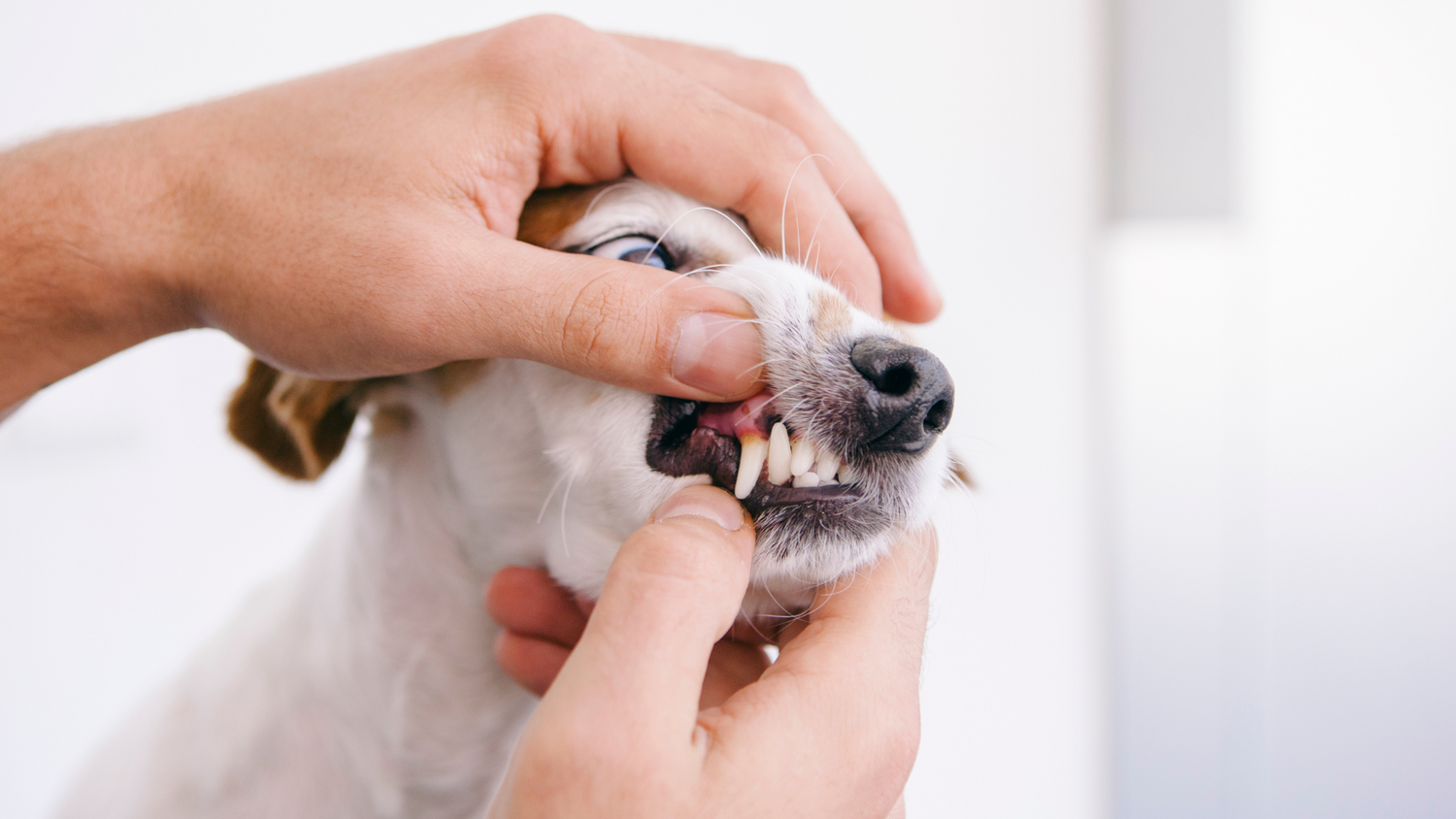The health and vitality of our pets are any loving dog owners top priority, however one often overlooked aspect of a dog's overall health is their dental hygiene. Just like humans, dogs require regular dental care to prevent oral issues that can impact their quality of life. In this blog, we'll delve into the importance of dog dental health, common oral problems, and practical tips to keep those canine chompers shining and healthy.
Why Dog Dental Health Matters
A dog's dental health goes beyond just having a charming smile. Proper oral care plays a crucial role in their overall health and well-being. Neglecting dental health can be incredibly costly and lead to a myriad of problems, such as:
- Gum Disease: Just like humans, dogs can suffer from gum disease. This condition, known as periodontal disease, can cause inflammation, pain, and even tooth loss if left untreated.
- Bad Breath: While some doggy breath is normal, persistent foul odours could be a sign of dental issues. Bad breath often indicates the presence of bacteria and plaque in the mouth.
- Tooth Decay: Dogs can develop cavities and tooth decay. If left unchecked, these problems can lead to pain and infection.
- Difficulty Eating: Oral pain can make it challenging for dogs to chew their food properly, leading to nutritional deficiencies and digestive issues.
Common Dental Problems in Dogs
Understanding the common dental issues that dogs face can help you take proactive steps to maintain their oral health. Some prevalent problems include:
- Plaque and Tartar Buildup: The accumulation of plaque and tartar on teeth can lead to various dental problems. Plaque is a soft film of bacteria, while tartar is a hardened form of plaque that can only be removed by a veterinarian.
- Gingivitis: This is the inflammation of the gums, which can be caused by the presence of plaque and tartar. It can lead to red, swollen gums and even bleeding.
- Periodontal Disease: If gingivitis is left untreated, it can progress to periodontal disease, a more severe condition involving damage to the gums and underlying structures that support the teeth.
- Broken or Fractured Teeth: Dogs are known for their love of chewing, but this can sometimes lead to broken or fractured teeth. These issues can cause pain and infection.
Tips for Maintaining Dog Dental Health
Now that we understand the significance of dog dental health, let's explore some practical tips to keep those canine teeth gleaming:
- Regular Brushing: Just like humans, dogs need their teeth brushed regularly. Use a toothbrush and toothpaste specially designed for dogs. Coconut oil can also be used for a great toothpaste for your pets! Start slow, making it a positive experience, and gradually increase the frequency.
- Dental Chews and Toys: Certain chew toys and dental treats are designed to help reduce plaque and tartar buildup. These items can serve as a fun way for your dog to "brush" their teeth while enjoying playtime. Ensure you are making the right choice, many of these toys are just marketing, and many of the chews are filled with nasty ingredients! Our favourite is a good old fashion fresh bone!
- Healthy Diet: Providing a balanced and nutritious diet is essential for overall health, including dental health. This doesn’t include kibble being enough to clean your dog’s teeth, it has been proven that is a bit of a myth. A healthy diet that focuses on gut health can help to prevent excess bacteria, but all diets need to also be paired with regular cleaning!
- Regular Vet Checkups: Regular veterinary checkups should include dental evaluations. A vet can identify early signs of dental problems and recommend appropriate treatments.
- Professional Dental Cleaning: Depending on your dog's needs, your vet may recommend professional dental cleaning under anaesthesia. This can remove stubborn tartar and address any underlying issues.
Just like any member of your family, your furry friend deserves the best care, including proper dental hygiene. Regular brushing, a balanced diet, and routine veterinary visits can go a long way in maintaining your dog's dental health. By paying attention to their oral care, you're not only ensuring their smile remains charming but also safeguarding their overall well-being and quality of life.





